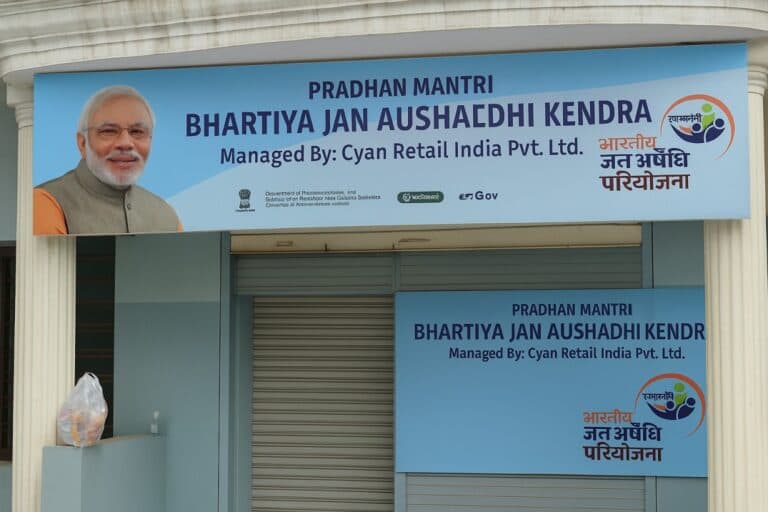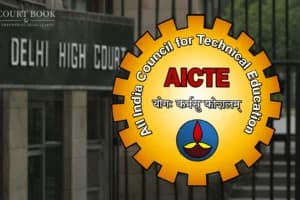The Karnataka High Court recently declined to intervene in the final approval granted to a woman entrepreneur for setting up a Jan Aushadhi Kendra under the Pradhan Mantri Bhartiya Janaushadhi Pariyojana (PMBJP) in Kumbra Village, Puttur Taluk. The bench, led by Justice M Nagaprasanna, dismissed a petition filed by another aspiring female entrepreneur, Savinaya, who had objected to the approval given to Sheela G Bhat.
The dispute arose when Savinaya, whose own application for a Kendra had not reached the final approval stage, challenged the nod given to Bhat. She argued that the Kendras should not be located within 1.5 km of each other and that her application had precedence over Bhat's. However, the court noted that the actual distance between the two proposed Kendras was 600 meters and that Bhat’s application had been submitted earlier.
"What is projected by the petitioner is purported loss of business by granting another Kendra within a short distance," the court observed. "But it would not be for this court to interfere merely because a business prospect is perceived to be threatened. The Court must preserve the spirit of a welfare-oriented scheme designed for the many, not the few."
Justice Nagaprasanna emphasized that there was no visible arbitrariness or procedural flaw in the decision-making process. The court made it clear that the approval process was conducted in accordance with the guidelines of the Central Implementing Agency. It was noted that both applications had been evaluated, and Bhat's application, received on November 16, 2023, through offline mode and later online on December 1, 2023, was found to meet the criteria. In contrast, Savinaya’s application was submitted on December 5, 2023.
The PMBJP aims to provide quality medicines at affordable prices, with Kendras offering drugs at rates 50% to 90% lower than the market. The scheme envisions a minimum distance of 1 km between two Kendras to maintain fair competition. However, this distance policy is not absolute and must be considered alongside the larger objective of accessibility and public benefit.
"There is no arbitrariness that is demonstrable or palpable in the case at hand," the court stated. "The geographical area that is contended to be overlapping, has not overlapped, as the application of the petitioner remained an application."
Further, the court rejected Savinaya’s argument that her “in-principle” approval had created a vested right. It held that such initial approvals are subject to further evaluation and final confirmation. Since no final approval was granted to her, there was no basis to claim any legal entitlement.
The petitioner who did not get the approval finally, cannot contend her rights were crystalized by the approval being taken to its logical conclusion," the court ruled. "It was only an in-principle approval subject to final approval. This would not clothe any right in favour of the petitioner.
The judgment also mentioned that following the approval, a formal agreement had been executed between Bhat and the concerned authorities—the Deputy General Manager of the Pharmaceuticals and Medical Devices Bureau of India and the Assistant Manager, Headquarter Hubballi PMBJP.
In conclusion, the court found the petition to be devoid of merit and based on an “inchoate right” that lacked legal foundation. It reiterated the importance of prioritizing public interest and welfare over individual business concerns.
"No illegality, procedural infirmity or arbitrariness is discernable from the grant of approval to the 1st respondent," Justice Nagaprasanna remarked. "To iterate, public interest would be ill-served if this Court were to interdict a lawful and beneficial initiative on such slender grounds."
Case Title: Savinaya AND Mrs Sheela G Bhat & Others
Counsel for petitioner: Advocate R. Bhadrinath
Counsel for R1: Advocate M.Sudhakar Pai
Counsel for R2 and R3 DSGI H Shanthi Bhushan
Case No: WRIT PETITION No.13685 OF 2024















